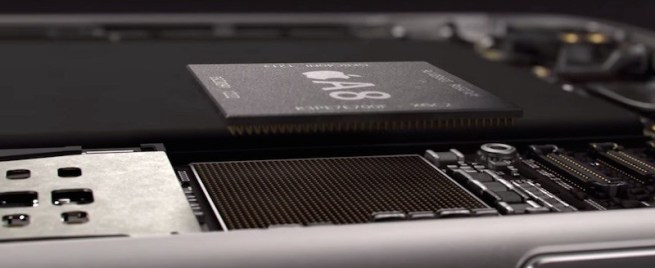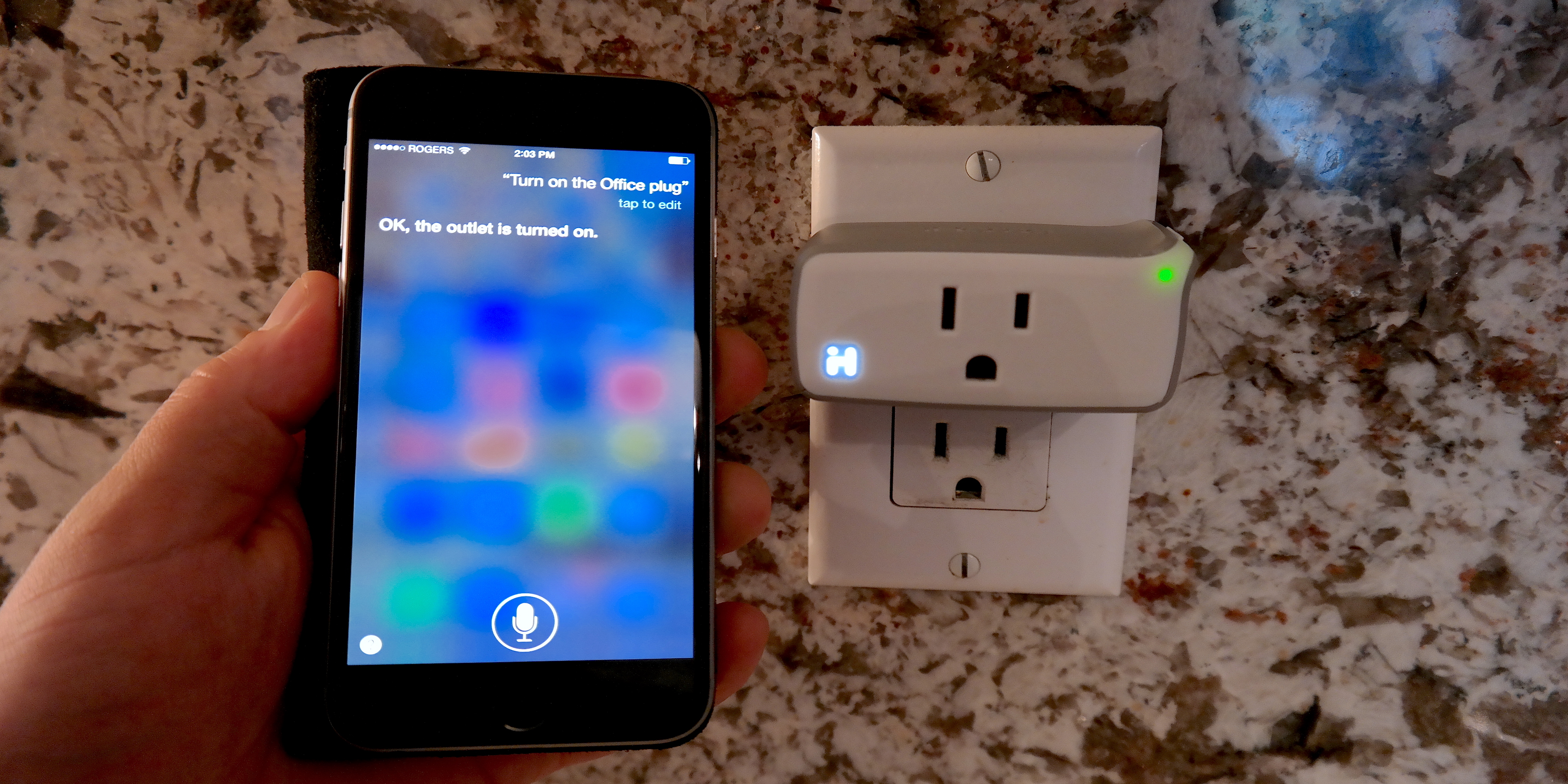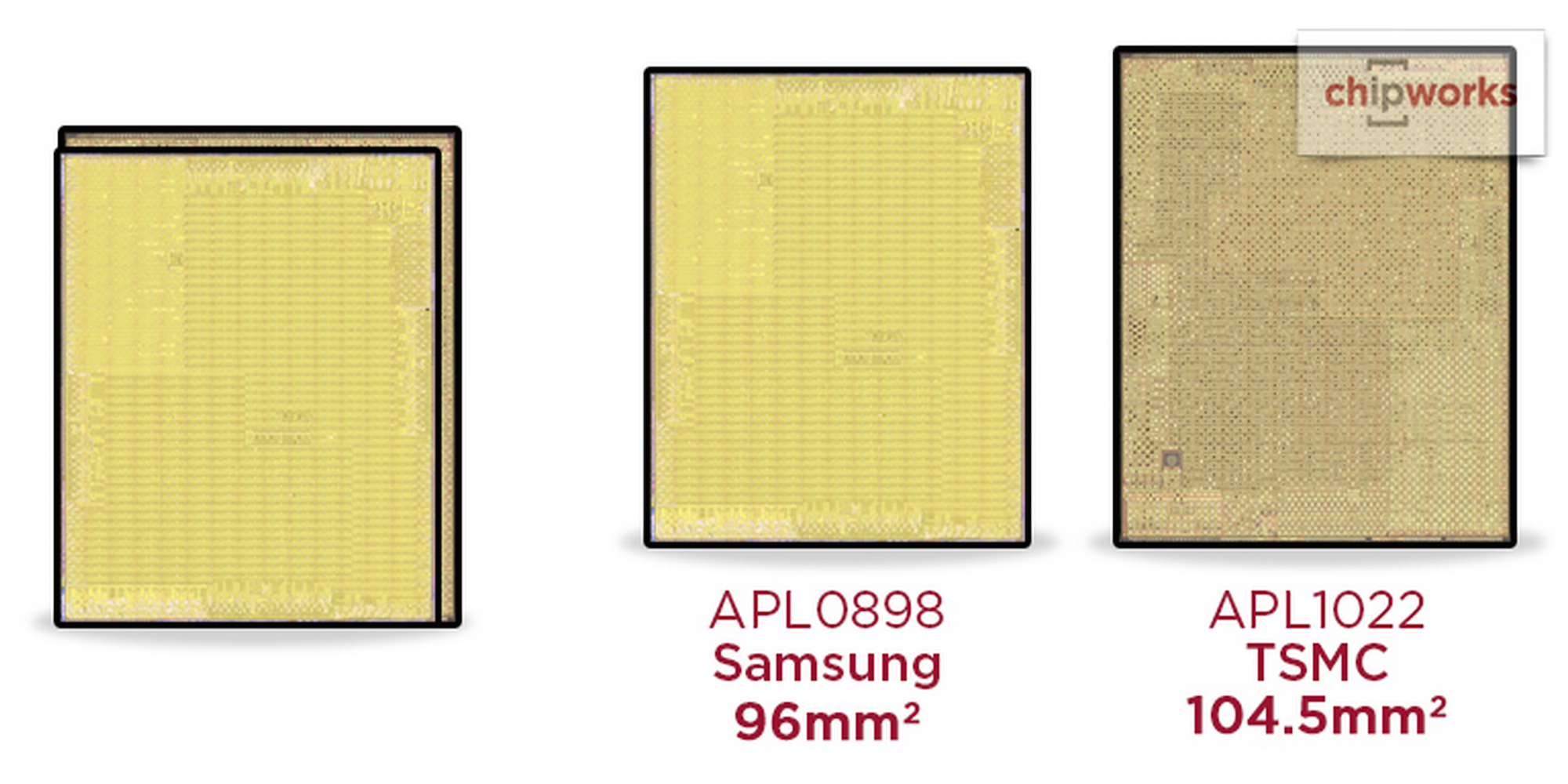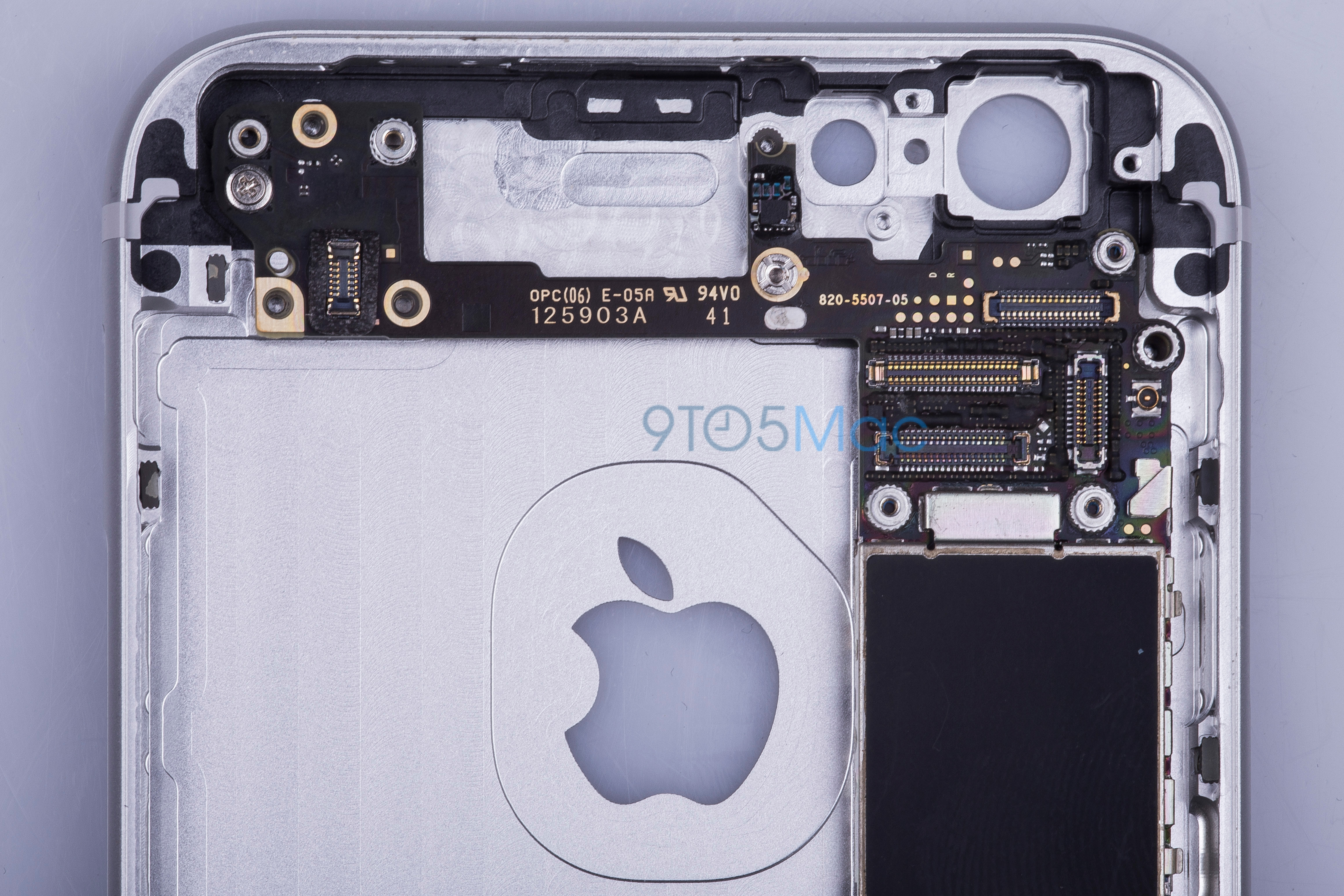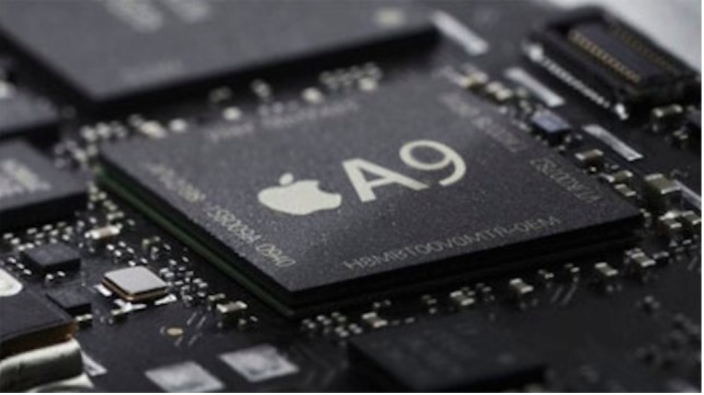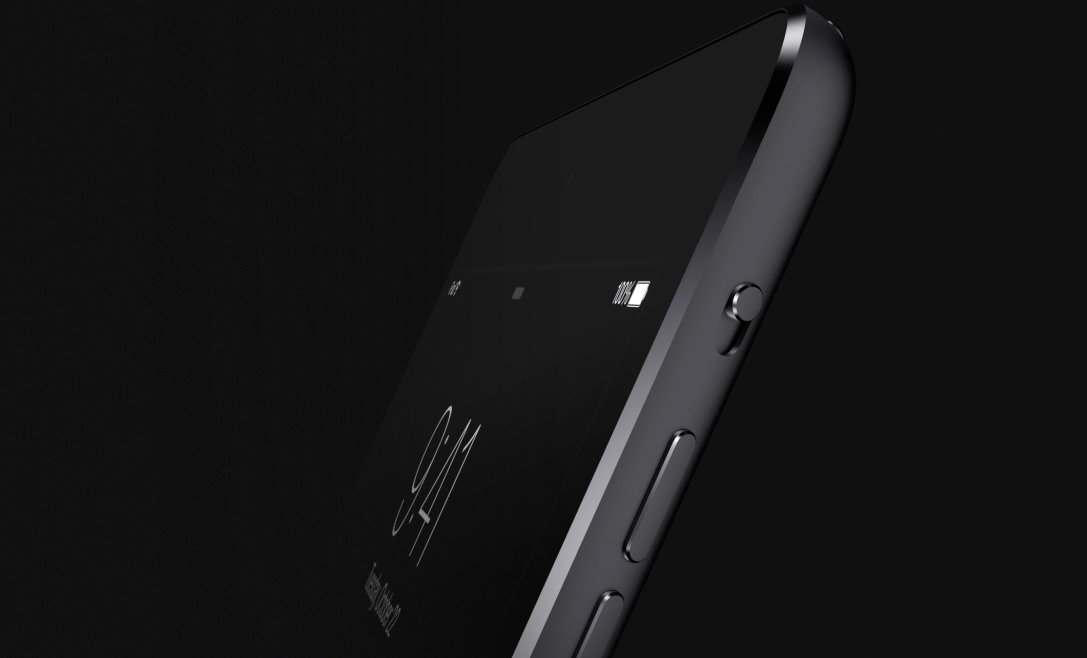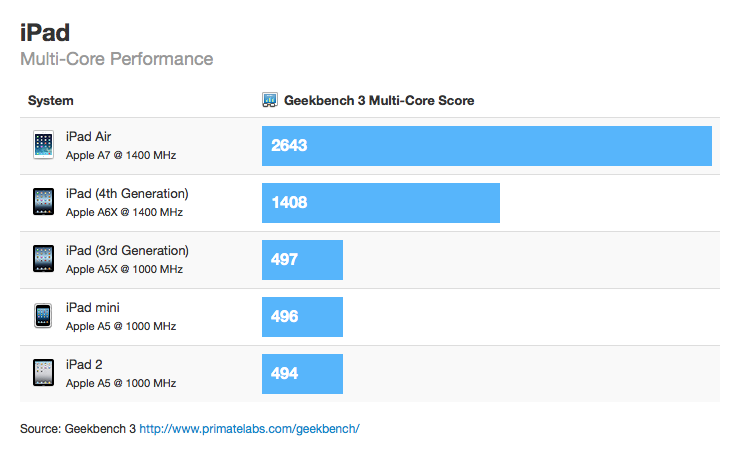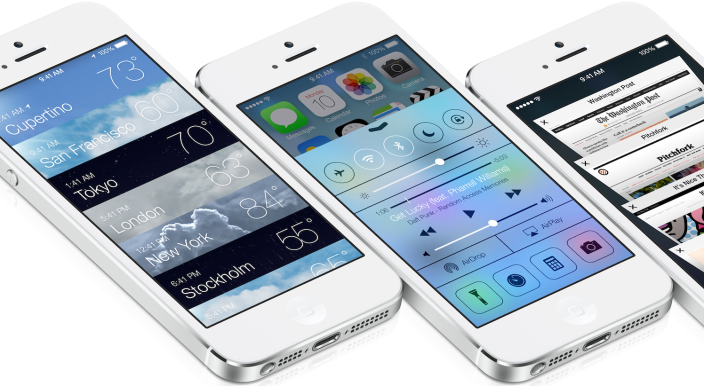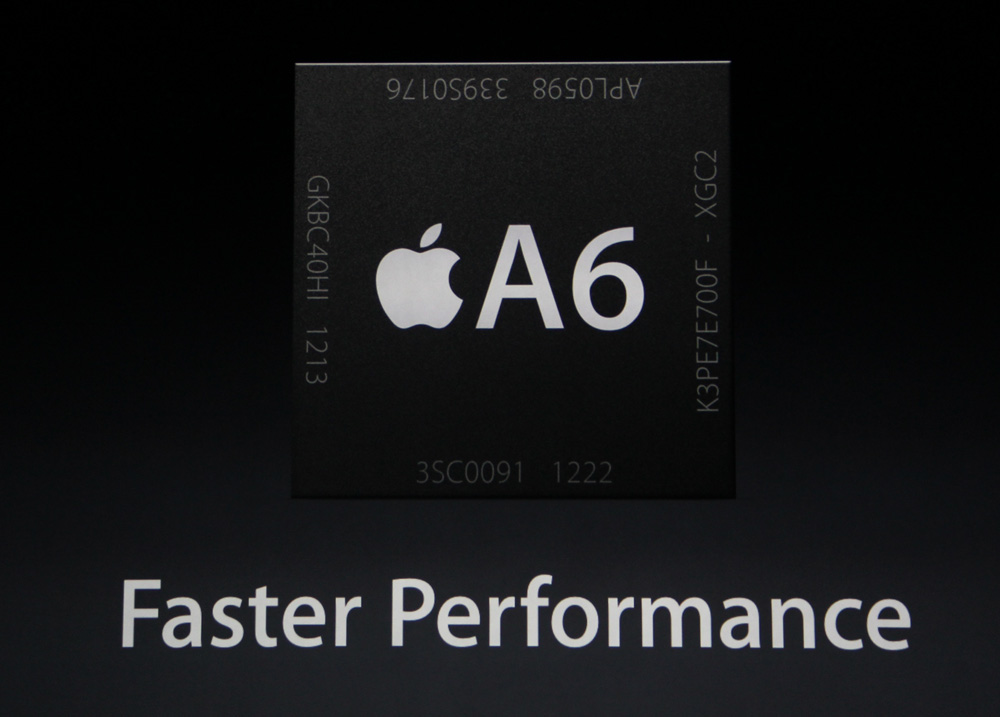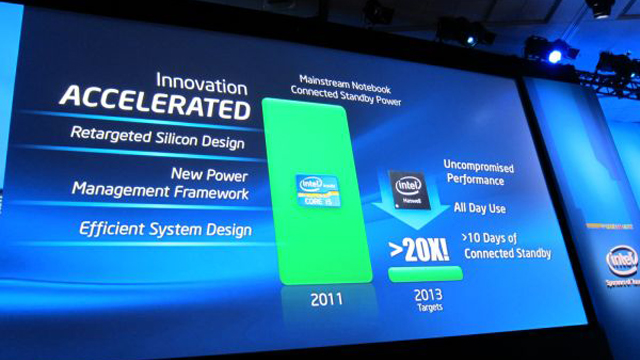Tesla hires yet another chip architecture titan out of Apple’s PA Semi, feeding the rumor that it plans to design its own silicon

If there’s indeed a poaching chess game going on between Tesla and Apple, it would appear the automaker is winning in acquiring quality pieces. Just a few week after we exclusively reported that Tesla hired legendary chip architect Jim Keller as new “Vice-President of Autopilot Hardware Engineering”, we now learn that Keller is joined by former DEC Alpha, PA Semi and until earlier this year Apple Director Peter Bannon.
Before Keller left Apple for AMD in 2012, he and Bannon were leading Apple’s processor development since the Cupertino-based company bought their chip making firm PA Semi in 2008. The duo lead the development of Apple’s A4 and A5 processors, which powered most of the company’s mobile devices from 2010 to 2012. Keller then left to develop the Zen architecture at AMD, but Bannon stuck around and developed several other chips for Apple until leaving for Tesla to join Keller last week.
Expand
Expanding
Close
